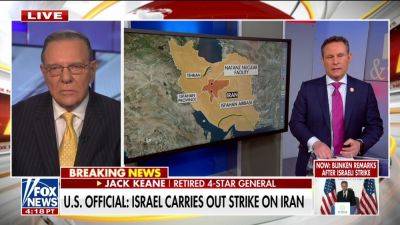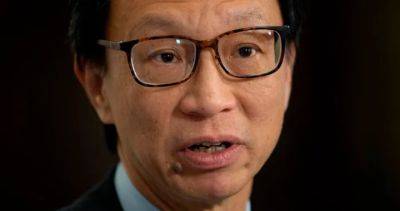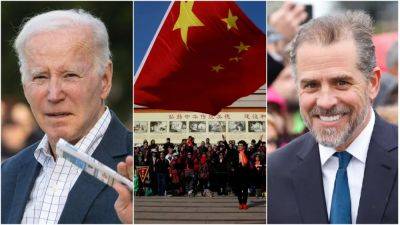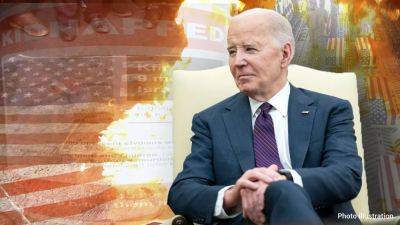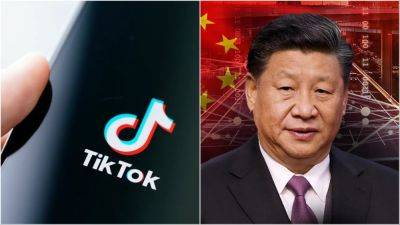How we got to 'Made in China'
In 1937, Carl Crow wrote a book that offered corporate America a glimpse of a new moneymaking frontier. Born in Missouri, Crow had moved to China in 1911, working first as a journalist covering the country's nationalist revolution. After the founding of the (pre-communist) Republic of China, Crow settled down in Shanghai and pivoted to a much more lucrative career: advertising.
Crow founded and ran what was then the most successful advertising company in Shanghai. In newspapers, magazines and a sprawling empire of over 15,000 billboards, Crow marketed Colgate toothpaste, Buicks, Kodak cameras and other American-made products to a growing population of Chinese consumers.
Having amassed a small fortune in China, Crow, in 1937, published a widely popular book that touted the economic potential of his adopted home: 400 Million Customers: The Experiences — Some Happy, Some Sad — of an American in China and What They Taught Him. The book became a runaway bestseller. It won a National Book Award. And for many American businesspeople, it offered an inside look at a gigantic emerging market where they could sell their products.
But almost as soon as Crow published his popular take on the future of trade between the U.S. and China, that vision went up in smoke. The same year that Crow published his book, imperial Japan invaded Manchuria, precipitating years of fighting and chaos in China that culminated with the 1949 Chinese Communist Revolution. With the Cold War and a hot war in Korea, the U.S. placed a strict trade embargo on China in 1950. Goodbye, 400 million customers.
In the 1970s, however, something remarkable happened. Not only did the U.S. and China overcome their thorny political differences and resume friendly-ish


